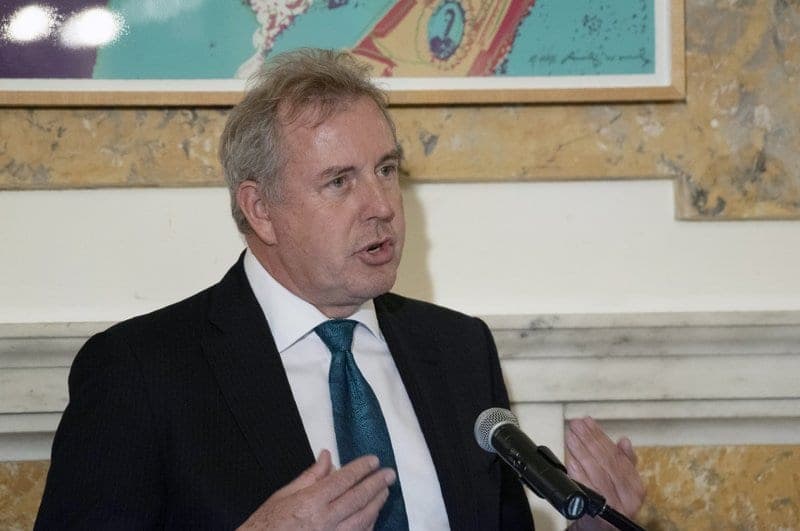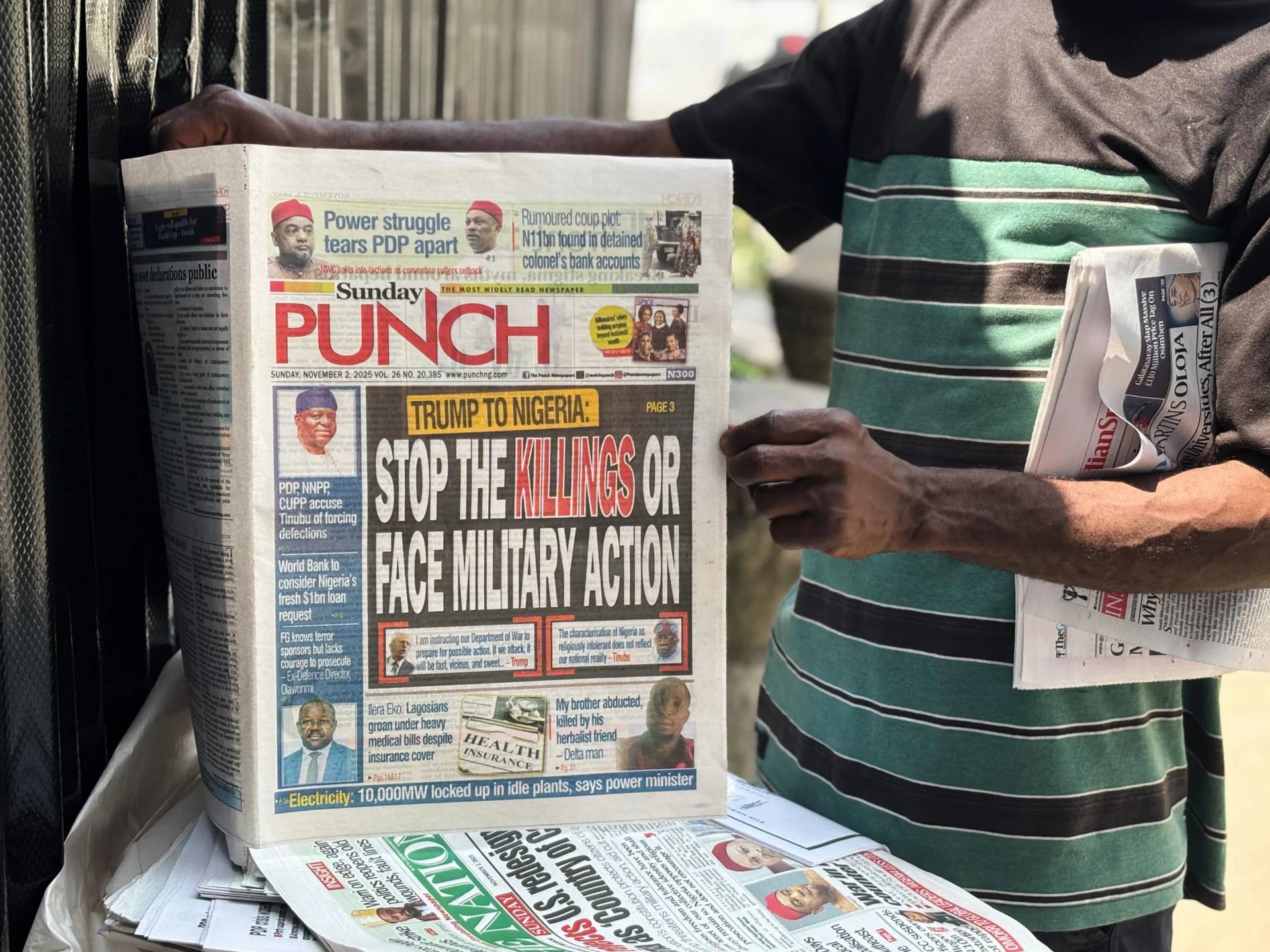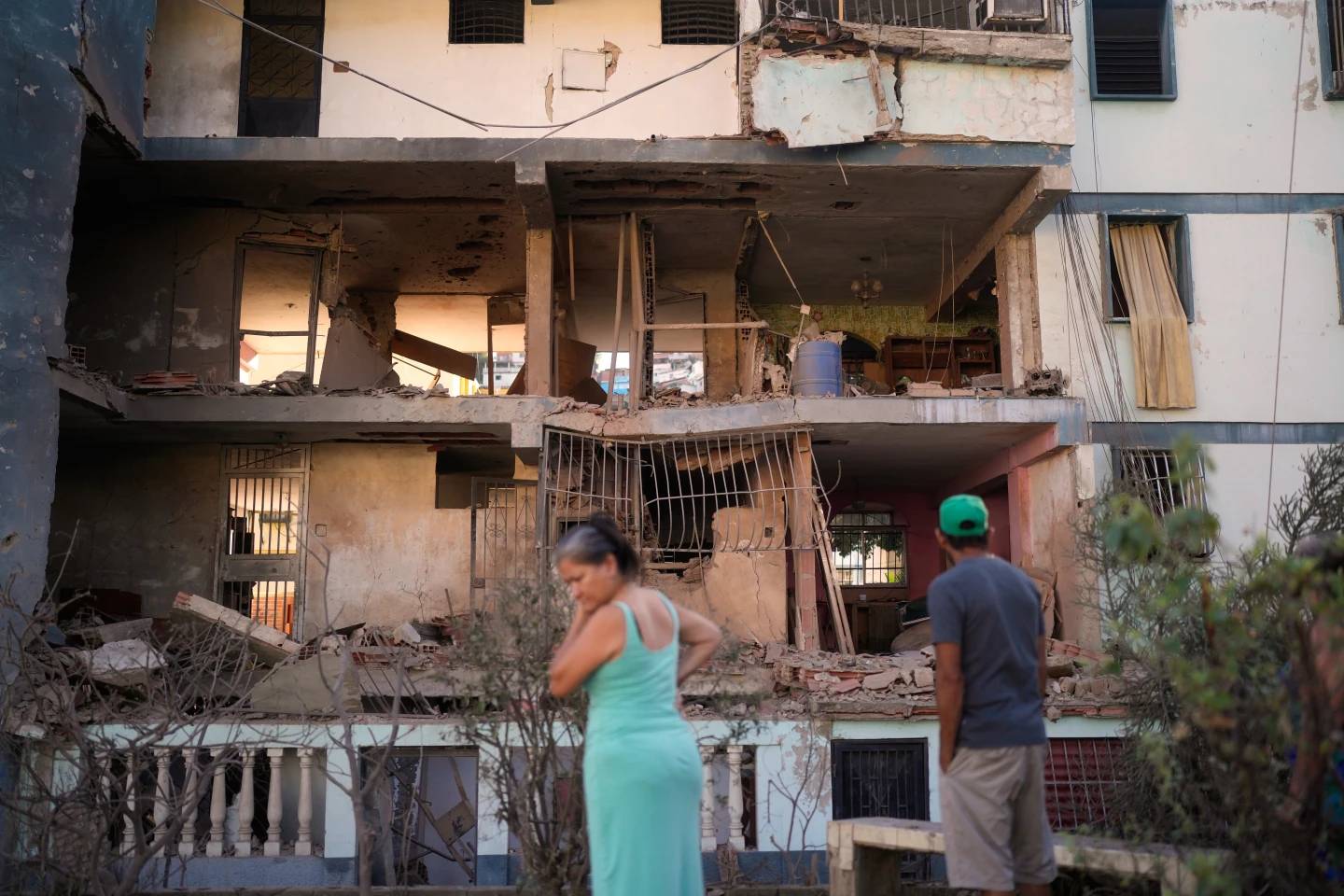ROME – For anyone who follows Vatican affairs, the diplomatic row surrounding Kim Darroch, the former UK ambassador to the U.S. forced to resign after leaked cables showed him describing President Donald Trump as “inept,” “insecure” and “incompetent,” brings to mind a similar round of revelations concerning the U.S. embassy to the Vatican in 2010.
Those secret documents from American diplomats were published as part of a wave of Wikileaks revelations concerning U.S. embassies around the world that came to be known as “Cablegate.”
For sure, media attention back then didn’t focus on what the Vatican embassy had to say about Pope Benedict XVI and his team, since there were far more salacious revelations from elsewhere concerning U.S. policy in the Middle east, the war in Afghanistan, nuclear disarmament, U.S. spying on then-UN Secretary General Ban Ki-moon, anti-terrorism strategies, and a host of other sexier subjects.
Nonetheless, in and around Rome the confidential assessments offered by U.S. envoys raised both eyebrows and blood pressure levels.
We got confirmation, for instance, that the Vatican had spoken with American diplomats about protecting its sovereign immunity in U.S. courts on sex abuse lawsuits. (No surprise, since that happened frequently in the Pope John Paul II years too, but still useful.) We learned that the Vatican wasn’t terribly eager to take up a U.S. offer to assist its own anti-terrorism efforts, in part for fear of making itself an even bigger target.
Another cable correctly anticipated that although the Polish footprint in the Vatican would decline in the post-John Paul II era, Poles would remain important players because they’re now “part of the culture.” It sagely dissected Vatican attitudes towards Radio Maryja, a Catholic radio station in Poland often accused of anti-Semitism and xenophobia. The Vatican would like to see Radio Maryja toned down, the cable correctly predicted, but it wouldn’t get directly involved because Rome sees it as “an internal Polish question.”
We also got a window into internal Vatican tensions, with a cable quoting unnamed Vatican officials criticizing the pope’s spokesman at the time, Spanish layman Joaquin Navarro-Valls, for being overly critical of Spain’s Socialist Prime Minister when Benedict XVI visited the country in 2006.
We were even treated to some fairly penetrating Vatican analysis from American diplomatic personnel.
For instance, Julieta Valls Noyes, who at the time was the Deputy Chief of Mission under then-U.S. Ambassador Miguel Diaz, penned a February 2009 cable providing a riveting (and largely accurate) reconstruction of the multiple breakdowns surrounding Benedict’s decision to lift the excommunications of four traditionalist bishops, including one who’s a Holocaust denier. Scrubbed of State Department acronyms and diplomatic jargon, the writing would have been at home in the Atlantic Monthly or the New York Review of Books, full of telling details and insider scoop.
Here’s what I wrote at the time, and I stand by it now: “Based on the cables we have seen so far, Americans ought to feel reassured that their tax dollars which fund the U.S. Embassy to the Holy See aren’t being wasted.”
In the case of the Vatican cables, nobody got fired or recalled, and Benedict (unlike, say, Trump) didn’t take to Twitter to castigate the diplomats involved. However, life did get difficult around the Vatican for U.S. diplomatic personnel for a while, and the people involved were mortified that their confidential assessments had been made public.
To be honest, I’m skeptical that anyone in the U.S. State Department was paying especially close attention to the input being provided by their envoys at the Vatican – the institutional culture in Foggy Bottom tends to be fairly religion-averse. Had they been, however, they would have been well-served by what they were hearing, and in a much stronger position to engage the Vatican had that seemed a priority.
Granted, perspectives expressed in these confidential cables sometimes can be partial, over-heated, or driven by political biases.
One of those 2010 Vatican cables, for instance, quoted the then-U.K. Ambassador to the Holy See, Francis Campbell, asserting that Benedict’s opening to traditionalist Anglicans in 2009 could unleash anti-Catholic violence in England. That was a reflection more of his personal frustration than a realistic assessment, which subsequent experience has confirmed.
Always, claims passed on by diplomats in foreign outposts have to be tested against reality, just like media reports, military assessments, the claims of intelligence agencies, and so on. Still, governments arguably are better served when their diplomats feel the ability to speak freely.
All of which brings us to this point: Perhaps host governments simply need to accept that if the confidential cables written by diplomats accredited to them ever become public, some of it isn’t likely to be flattering. Probably they also need to accept that in the 21st century, such leaks are not only likely but inevitable.
Granted, it may sting to read diplomatic professionals calling you or your team “inept.” Still, if you want your eyes and ears in foreign lands to be able to offer honest reads on complicated situations, then accepting that the envoys of other countries are bound to do the same about you is probably the price of admission.
Follow John Allen on Twitter: @JohnLAllenJr
Crux is dedicated to smart, wired and independent reporting on the Vatican and worldwide Catholic Church. That kind of reporting doesn’t come cheap, and we need your support. You can help Crux by giving a small amount monthly, or with a onetime gift. Please remember, Crux is a for-profit organization, so contributions are not tax-deductible.















